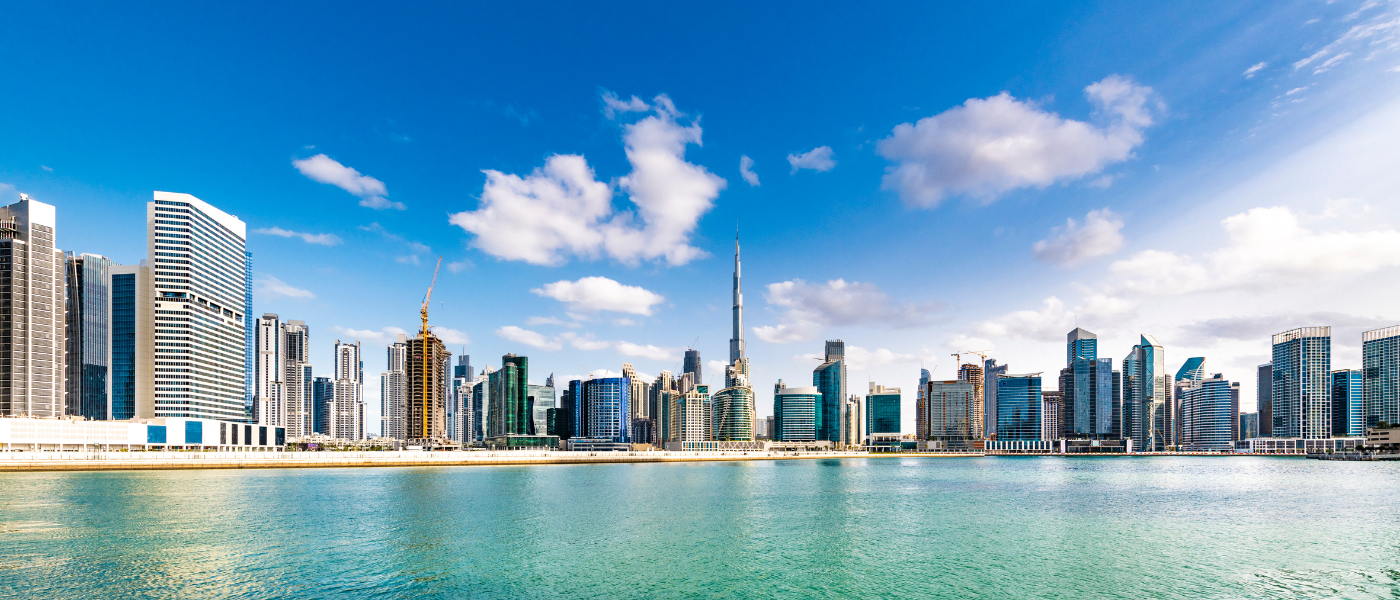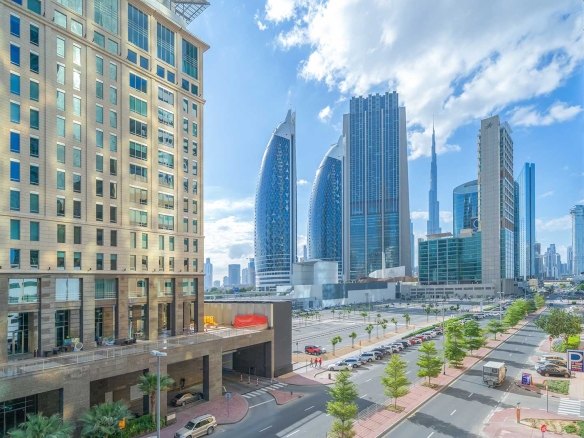Dubai’s thriving real estate market is one of the most attractive in the world, offering everything from luxurious villas to sleek high-rise apartments. For expats, buying property in Dubai can be a lucrative investment, with the city’s tax-free environment and high rental yields making it particularly appealing. However, the process of purchasing property as a non-UAE resident comes with its own set of rules and considerations. Here’s a comprehensive guide on what expats need to know when buying property in Dubai.
1. Freehold vs. Leasehold Properties
One of the first things to understand as an expat is the difference between freehold and leasehold properties:
- Freehold Properties: Expats can buy freehold properties in designated areas, meaning you own the property and the land it sits on outright. Freehold ownership gives you the right to lease, sell, or occupy the property indefinitely.
- Leasehold Properties: With leasehold properties, expats can purchase a lease of up to 99 years. The land ownership remains with the original owner (often the government or a private developer), but you own the property for the duration of the lease.
Popular freehold areas for expats include Dubai Marina, Downtown Dubai, Palm Jumeirah, and Jumeirah Village Circle (JVC). It’s crucial to check whether the property is in a freehold zone before making a purchase.
2. Legal Requirements and Eligibility for Expats
The good news is that expats can easily buy property in Dubai without the need for residency. However, having a valid residency visa offers additional benefits, such as access to financing options. Here are the key legal considerations:
- Residency Visa: Expats do not need a residency visa to purchase property, but owning property worth AED 1 million or more may qualify you for a long-term residence visa.
- Age: Buyers must be at least 21 years old to purchase property in Dubai.
- No Citizenship Required: Expats from any country can purchase property in Dubai without restrictions based on nationality.
Expats should hire a reputable real estate agent or legal expert to navigate the legal requirements, ensuring a smooth transaction.
3. Financing Options for Expats
One of the primary concerns for expats looking to buy property is financing. In Dubai, expats have access to various mortgage options through local and international banks. Here are the key factors:
- Mortgage Eligibility: Most banks require a minimum salary of AED 15,000 to AED 20,000 per month for expats to qualify for a mortgage. Additionally, your debt-to-income ratio and employment status will be assessed.
- Loan-to-Value (LTV) Ratio: For expats, the maximum loan-to-value ratio is typically 80% for properties under AED 5 million and 75% for properties above that amount. This means you’ll need a down payment of 20-25%.
- Mortgage Term: Mortgages for expats are available for up to 25 years, though the term may be shorter based on your age.
It’s advisable to obtain mortgage pre-approval to understand your budget before starting the property search.
4. Costs and Fees Involved in Buying Property
Buying property in Dubai involves various costs beyond the purchase price. Expats should budget for the following fees:
- Down Payment: As mentioned, expats typically need to pay 20-25% of the property’s value upfront.
- Dubai Land Department (DLD) Fees: This is a 4% fee on the property’s purchase price, payable to the Dubai Land Department to register your ownership.
- Agent’s Commission: Typically 2% of the property price is paid to the real estate agent upon completion of the sale.
- Mortgage Registration Fee: If you’re obtaining a mortgage, there’s an additional 0.25% fee on the loan amount for registration with the DLD.
- Maintenance Fees: Properties in Dubai are subject to annual maintenance fees, which vary based on the development and are usually paid to the property management company. Factoring in these fees is essential to avoid any surprises during the buying process.
5. The Buying Process for Expats
Here’s a step-by-step overview of how the property buying process works for expats in Dubai:
- Find a Property: Work with a registered real estate agent to identify properties in your preferred area. Ensure the property is in a freehold zone if you wish to own it outright.
- Make an Offer: Once you find the right property, you’ll submit an offer to the seller. Negotiations are common, and your agent will help secure the best deal.
- Sign a Memorandum of Understanding (MOU): This document outlines the terms of the sale. At this stage, a 10% deposit is usually required to secure the property.
- Obtain Financing: If you’re using a mortgage, the bank will conduct a valuation and finalize your loan.
- Transfer of Ownership: The final step is signing the sale and purchase agreement (SPA) and transferring ownership through the Dubai Land Department.
It’s crucial to work with a legal advisor throughout the process to ensure all documents are in order and your interests are protected.
6. Understanding Property Regulations and Laws
Dubai’s property market is well-regulated, and the Dubai Land Department oversees all property transactions. Expats should familiarize themselves with key regulations, such as:
- Rental Laws: Dubai has clear guidelines on rent increases, tenant rights, and eviction notices. If you’re purchasing property for rental income, it’s important to understand these laws.
- Owners’ Associations: Most developments in Dubai have an owners’ association responsible for maintenance and building management. As a property owner, you’ll be required to pay annual fees to the association.
- Visa Eligibility: If your property is valued at AED 1 million or more, you may be eligible for a 3-year renewable residence visa. For properties above AED 5 million, you could qualify for a 5-year visa.
Buying property in Dubai as an expat offers numerous benefits, from high rental yields to long-term residency options. However, understanding the legal process, financing options, and additional costs is crucial to making a sound investment. Whether you’re looking for a home or a rental property, Dubai’s real estate market offers a wealth of opportunities for expats. With the right knowledge and guidance, you can navigate the process smoothly and make the most of this dynamic market. If you’re ready to explore property options in Dubai, it’s time to take the first step toward owning a piece of one of the world’s most exciting cities.




